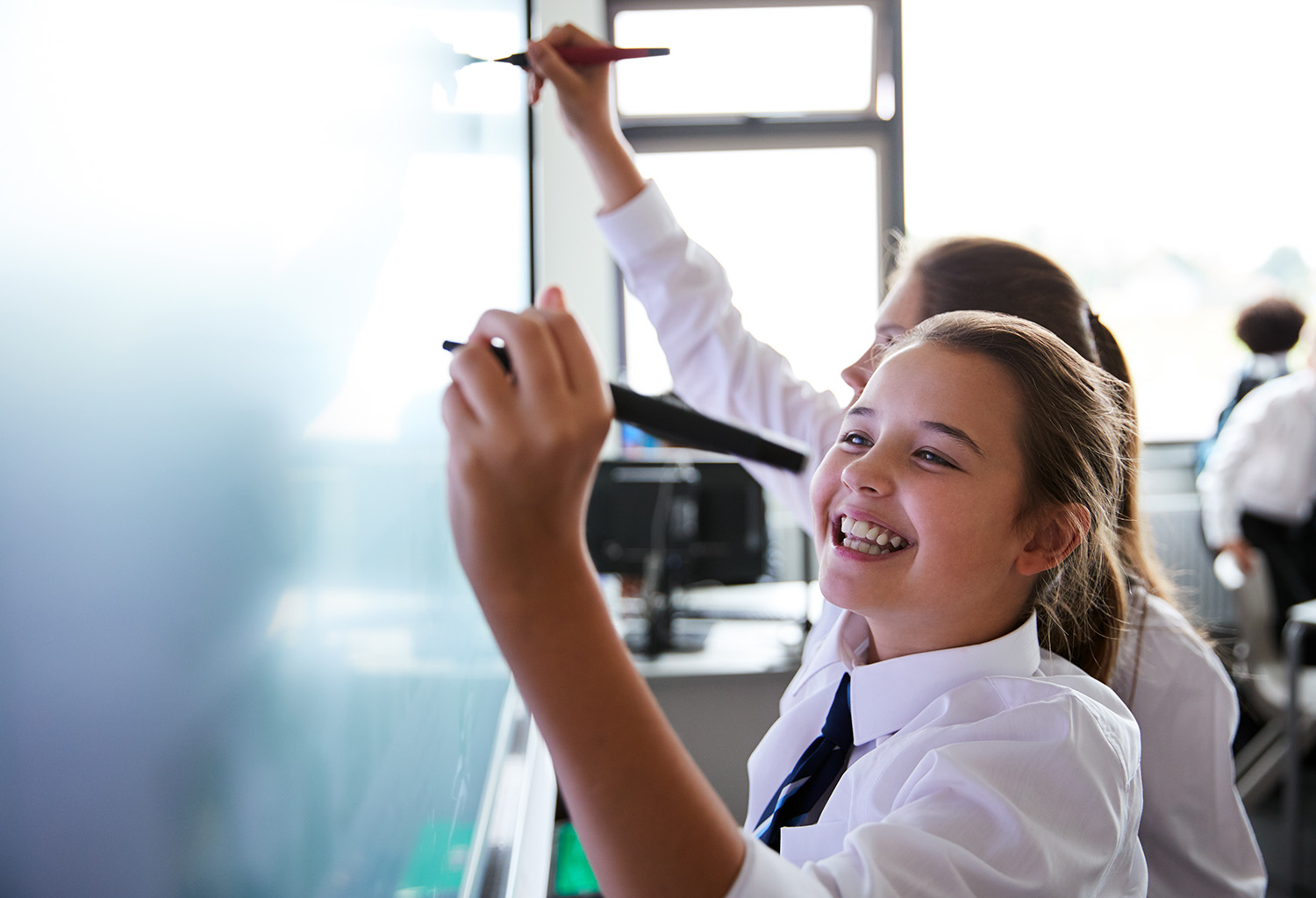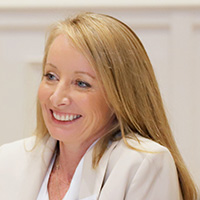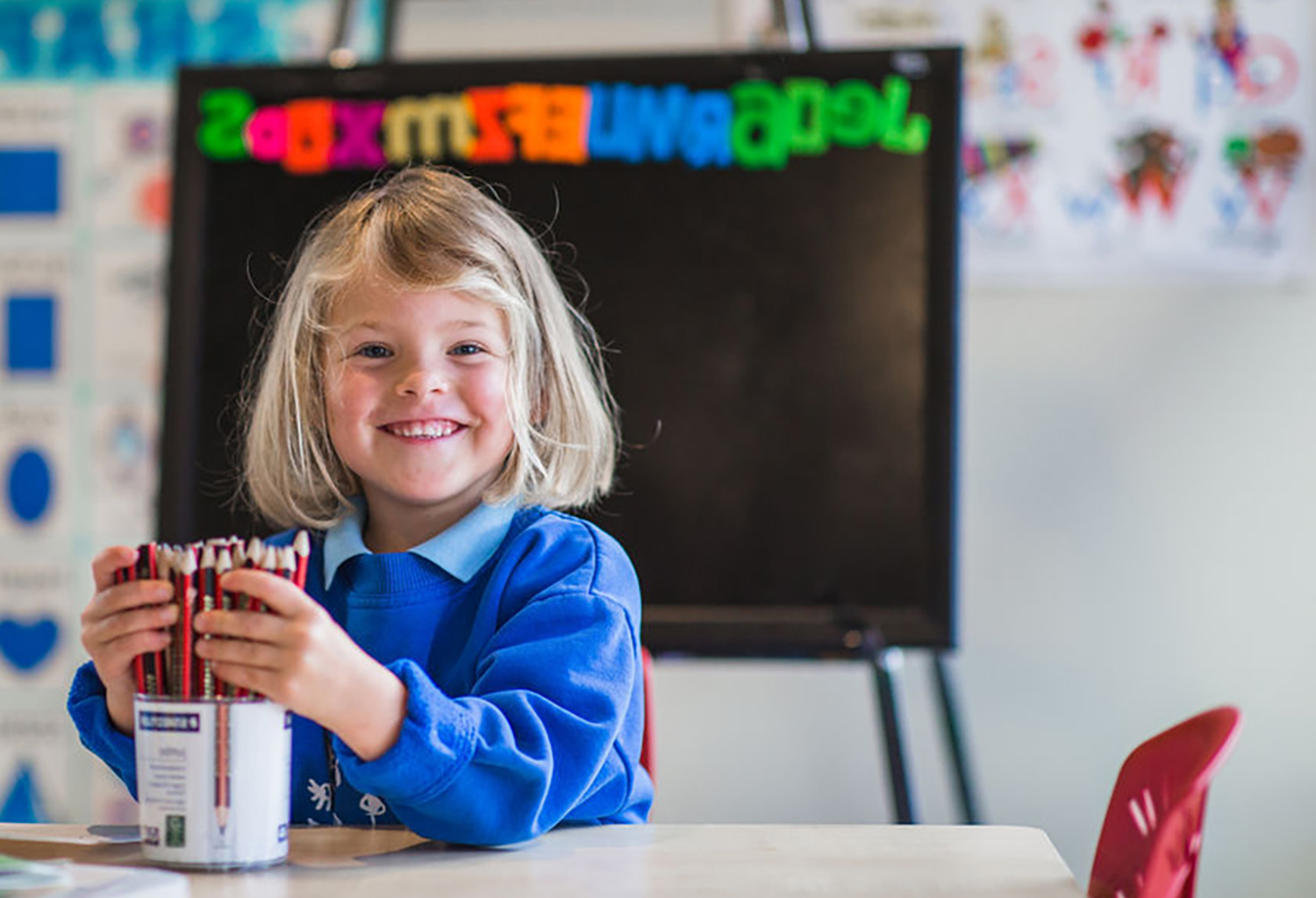An essential element of education

3 min read
Life beyond school is rapidly changing and the flexible online/offline approach is set to endure well beyond COVID-19, writes St Catherine’s School Principal, Michelle Carroll.
An essential element of education is to prepare and transition students successfully to the next round of their journey; for most graduates, this involves tertiary study and then beyond, to the world of work. Needless to say, a life beyond school is rapidly changing in its structure and formation and one could only suggest the current flexible online and offline approach will endure well beyond this COVID-19 phase. Changes that many of us predicted would happen over decades are instead taking place in the span of weeks.
As a result of the COVID-19 pandemic, an estimated 2.7 billion people – or more than four out of five workers in the global workforce – have been affected by lockdown and stay-at-home measures. Most organisations’ first priority this year has been a crisis management response as well as emphasising health, safety, essential service and the virtualisation of work and education.
Now, as we look to 2021, organisations must begin to emerge and shape their new normal. Undoubtedly, this will not simply be a return to the old ways of doing business. What has been created is an imperative and an opportunity to reinvent workplaces.
Reinventing the workplace
In preparing young people for a changing workforce, schools too must accommodate, balance and embrace these changes to enable the potential of their students and long-term success. It is anticipated that many global organisations will engage in a hybrid model in which people will work remotely much of the time, yet come together with team members for specific functions.
The views on how schools need to emerge from the COVID-19 crisis are certainly divergent and capture the demands of new workplace environments, yet acknowledge the very essence of character formation and the transformation of young people at schools. Indeed, we need to guide young people in our care to connect with genuine meaning that empowers them to live a life of purpose.
Andreas Schleicher from the OECD was quick off the mark back in April, urging education leaders to use the momentum created by the COVID-19 pandemic to “rethink what and how students should learn to prepare for the needs of an interconnected 21st century”.
“You’re going to have a lot of young people who have experienced different forms of learning in this crisis, learning that was more fun, more empowering,” he said. “They will go back to their teachers and say: can we do things differently?”
— Andreas Schleicher, OECD
Creating future citizens and the role of the classroom
The pandemic has also thrown the spotlight on the benefit of schools as public institutions. Glen Savage, Education Policy Lecturer at the University of Western Australia, highlights the critical role schools play in the socialisation of young people and this remains an ongoing theme of discussion for educators.
“Some people talk about not needing a traditional classroom any more. I think that’s rubbish,” he says. “If anything, COVID has taught us that schools provide much more than a young person’s learning program … they’re where future citizens are created”.
Schools are about people, relationships and community. While online has its advantages and teaching and learning can take place effectively, we cannot replace the physical experience of school. Students are repeatedly telling us they “miss their friends and teachers”, yet they have competently demonstrated that they can successfully engage with independent learning, within some boundaries and structures suitable for their age.
The experiences of the St Catherine’s Learn@Home program have been resoundingly positive, albeit the duration for some is now questionable and we look forward to their return next term. The girls have demonstrated remarkable and sustained enthusiasm for a more flexible mode of teaching and learning.
Our senior students are, today, asking for greater independence and options for their learning going forward. There are elements that the girls identify as immensely helpful for their learning; for example, being able to control the pace of learning when teachers pre-film segments in VCE subjects that can be replayed to check for understanding or revision purposes.
We look forward to exploring these options further with students, teachers and parents with the aim of capturing the very best aspects of the Learn@Home program by tailoring curriculums and classrooms environments to optimise the opportunity exposed, and embraced, this year by a global pandemic.
Michelle Carroll is Principal at St Catherine’s School.

